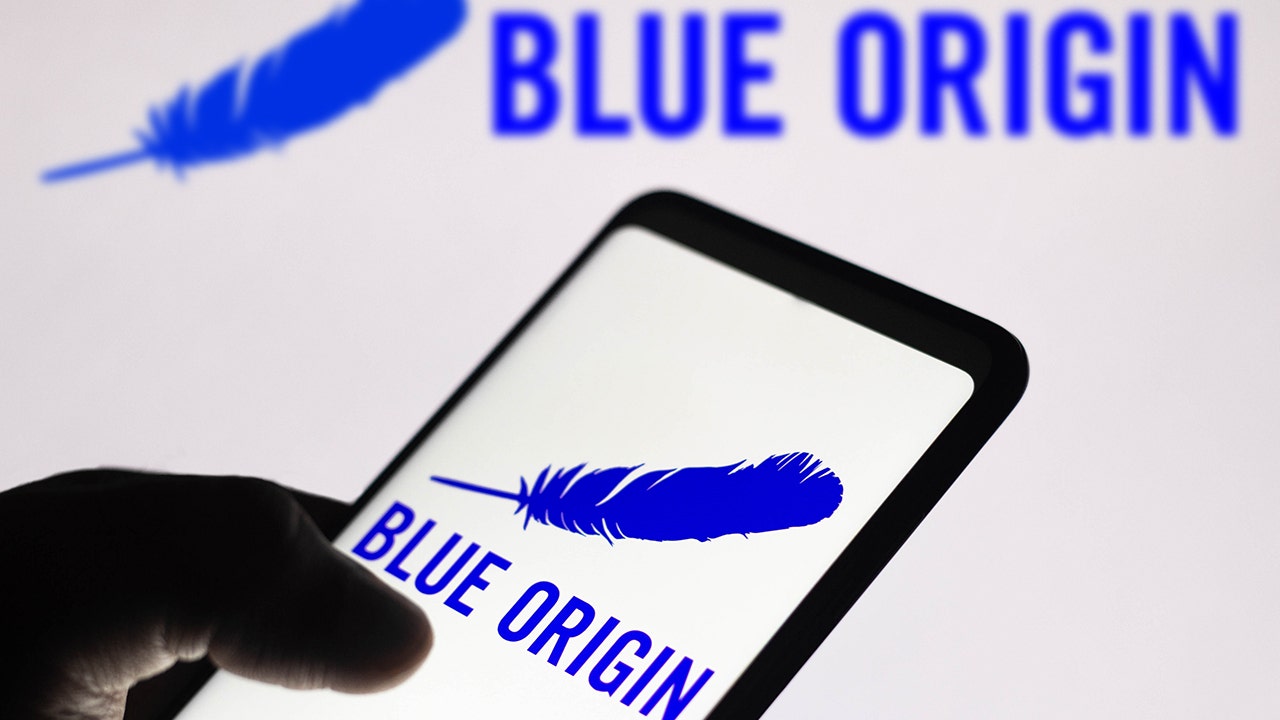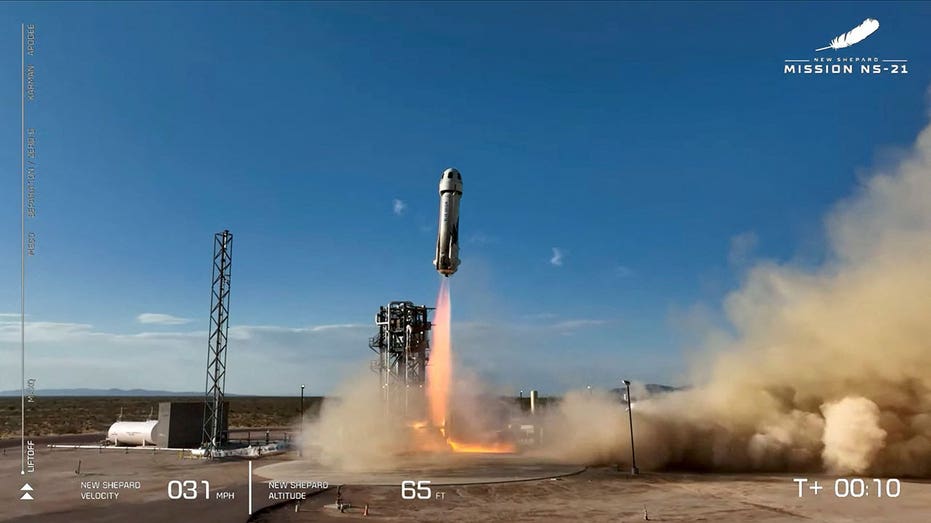Finance
Jeff Bezos’s Blue Origin pushes New Shepard launch citing ‘ground system issue’

The launch of Jeff Bezos’s Blue Origin’s reusable New Shepard rocket on Monday got pushed back.
The Jeff Bezos-founded aerospace company said on social media and its blog that it would set a “new launch target” for the week “soon.”
It pointed to a “ground system issue” that Blue Origin workers were “troubleshooting” as the reason for pushing back the NS-24 mission that would become New Shepard’s first suborbital flight since September 2022.
Blue Origin had originally planned for takeoff of the rocket to happen around 8:30 a.m. Central. Prior to the scrub, cold temperatures had prompted the company to adjust that time by one hour, the blog showed.
BEZOS’ BLUE ORIGIN NABS $3.4B NASA CONTRACT TO SEND ASTRONAUTS TO THE MOON
The planned NS-24 launch had first been revealed last week. Blue Origin had said the New Shepard rocket would bring 33 payloads and 38,000 Club for America student-written postcards with it on its suborbital flight.
The company’s last New Shepard mission, which took place Sept. 12 last year, ended in a failure. The rocket, which experienced a “thermo-structural failure of the engine nozzle,” did not have any people on it, according to Blue Origin.
JEFF BEZOS’ ROCKET COMPANY, BLUE ORIGIN, SUFFERS FIRST LAUNCH FAILURE
Blue Origin had to “implement 21 corrective actions to prevent mishap recurrence, including redesign of the engine and nozzle components to improve structural performance during operation as well as organizational changes,” the Federal Aviation Administration said a few months ago as a company probe into the incident wrapped up.

In total, New Shepard has flown 23 prior times. Some of those suborbital flights included 13 payload missions and six astronaut missions.
BEZOS’ BLUE ORIGIN REPLACING CEO WITH AMAZON EXEC
Blue Origin had said NS-24 would “bring the number of payloads flown to space on New Shepard to more than 150.”
Its suborbital flights typically span about 11 minutes.
Read the full article here


















